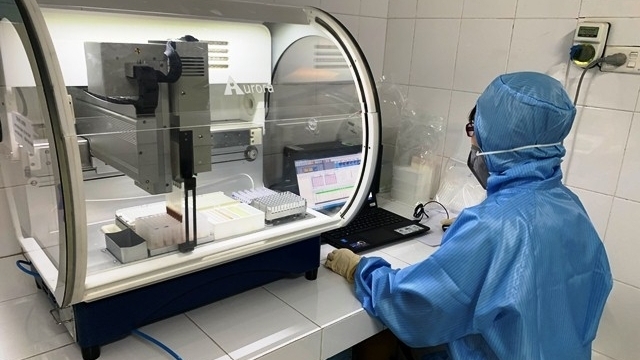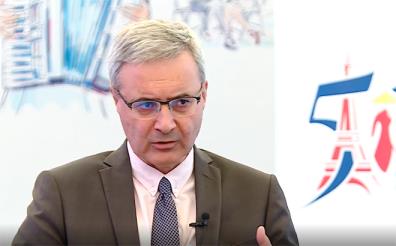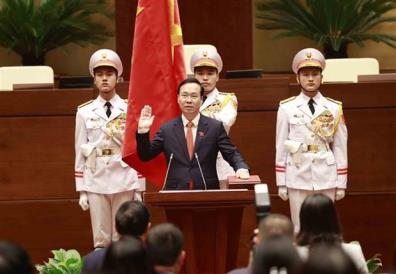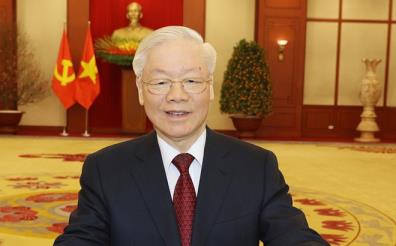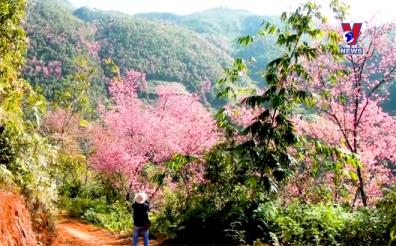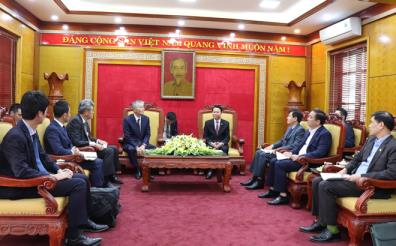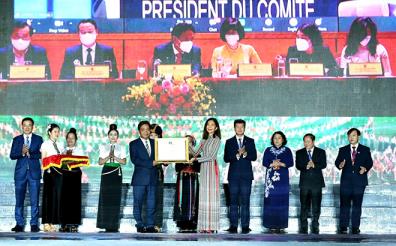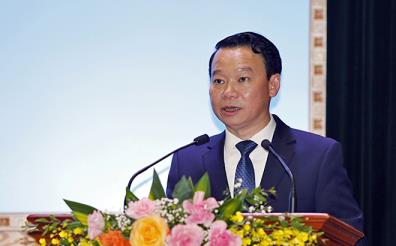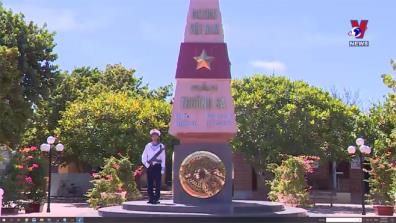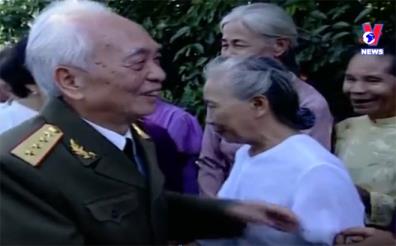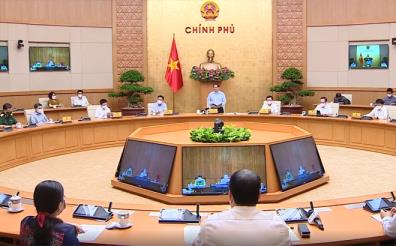In his article, French expert Jean-Raphaël Chaponnière said Vietnam has been successful with its "low-cost” strategy.
Its small number of cases and zero fatalities have surprised many, especially as it has invested little in its healthcare sector, he wrote. HCM City, for example, has only 900 intensive care beds, or one per 9,000 inhabitants.
He also highlighted the quick response by the Vietnamese Government when the first cases were reported in Wuhan in December and when the first case in Vietnam was reported on January 23.
Vietnam decided to suspend all flights between Vietnam and China on February 1, closed land borders with its northern neighbour, and shuttered schools after the lunar new year holiday (Tet) in late January.
According to Chaponnière, Vietnam has given priority to a "low-cost” strategy in the COVID-19 fight by systematically tracing those with possible contact with infected patients (known as F1, F2, F3, and F4), and quarantined all to control the risk of further infection.
He emphasised that the rate of infection in Vietnam is substantially lower than elsewhere around the world, despite it sharing a border of more than 1,000km with China.
This is a major success, he said, as Vietnam’s financial capacity is limited compared to developed countries.
Australian professor impressed by Vietnam’s fight against COVID-19
Professor Carl Thayer from Australia’s University of New South Wales Canberra has spoken highly of Vietnamese people’s support for measures taken by the Government to curb the spread of COVID-19.
In an interview with the Lao dong (Labour) newspaper, Professor Thayer said most Vietnamese people have expressed their support for the Government’s dramatic measures to curb the spread of the disease, including quarantining at hot spots and imposing travel restrictions. People have also largely complied with recommendations to keep two metres apart and wear face masks in public.
The Government’s quarantine and contact tracing policies have proven effective, he added.
As Chair of ASEAN in 2020, Vietnam has also called for regional meetings to deliver a collective response to COVID-19.
In addition, the World Health Organisation (WHO)’s Representative in Vietnam Kidong Park, foreign doctors working in the country, and visitors have lavished praise on the Vietnamese Government’s decisive actions, which have kept the number of infections to less than 300, with no fatalities.
People’s confidence in the Government’s response to COVID-19 remains high, Professor Thayer said, strengthened by efficient and transparent communications, which are vital to curbing the spread of the virus.
Cambodian expert commends Vietnam’s efforts in fighting COVID-19
A board member of the Club of Cambodian Journalists (CCJ) has lauded Vietnam’s cooperation with the World Trade Organisation (WHO) in the fight against COVID-19 and its support for Cambodia and Laos in this regard.
As ASEAN Chair 2020, Vietnam has actively cooperated with other ASEAN member countries and the international community, especially the WHO, in COVID-19 prevention and control, said Khieu Kola, who is also an international commentator on the Cambodian news channels CNC and CTN.
The Vietnamese Government, headed by Prime Minister Nguyen Xuan Phuc, has taken many measures to protect people’s health, contributing to ASEAN’s efforts in the battle.
Vietnam’s endeavours were reflected in PM Phuc’s speeches at the online Special ASEAN and ASEAN+3 Summits on COVID-19 on April 14, he stressed.
Khieu Kola also highlighted Vietnam’s diverse experience in battling the epidemic, particularly the slogan "people join hands in fighting the COVID-19 enemy” that was launched in a timely manner.
Competent Vietnamese agencies have remained vigilant in the work, with the highest priority given to protecting the public’s health, he said, commending Vietnam’s preparations of resources and medical materials for the fight.
NDO
